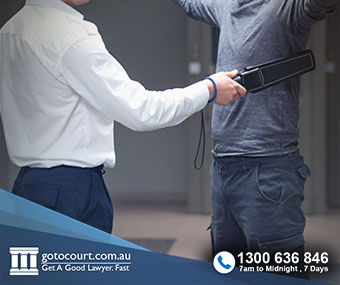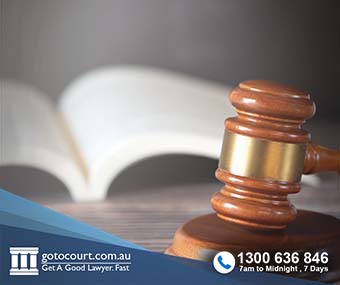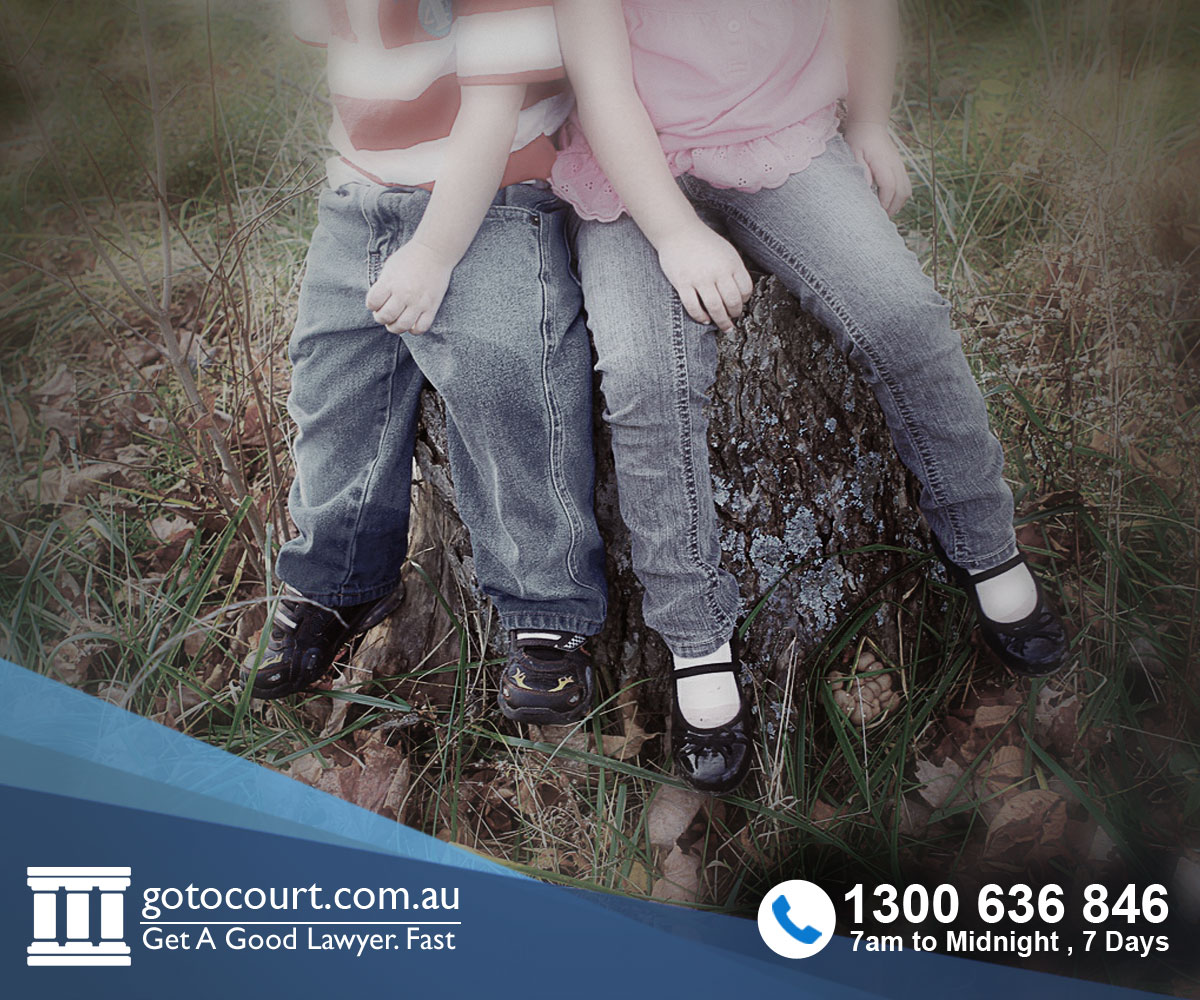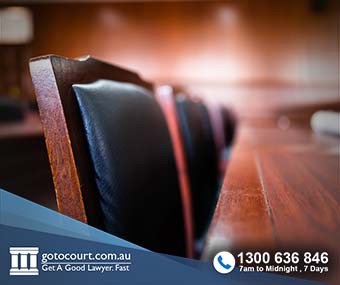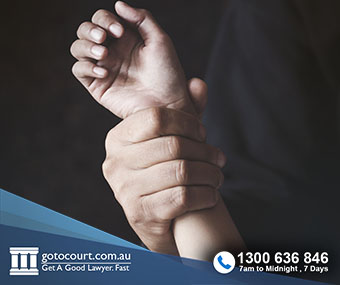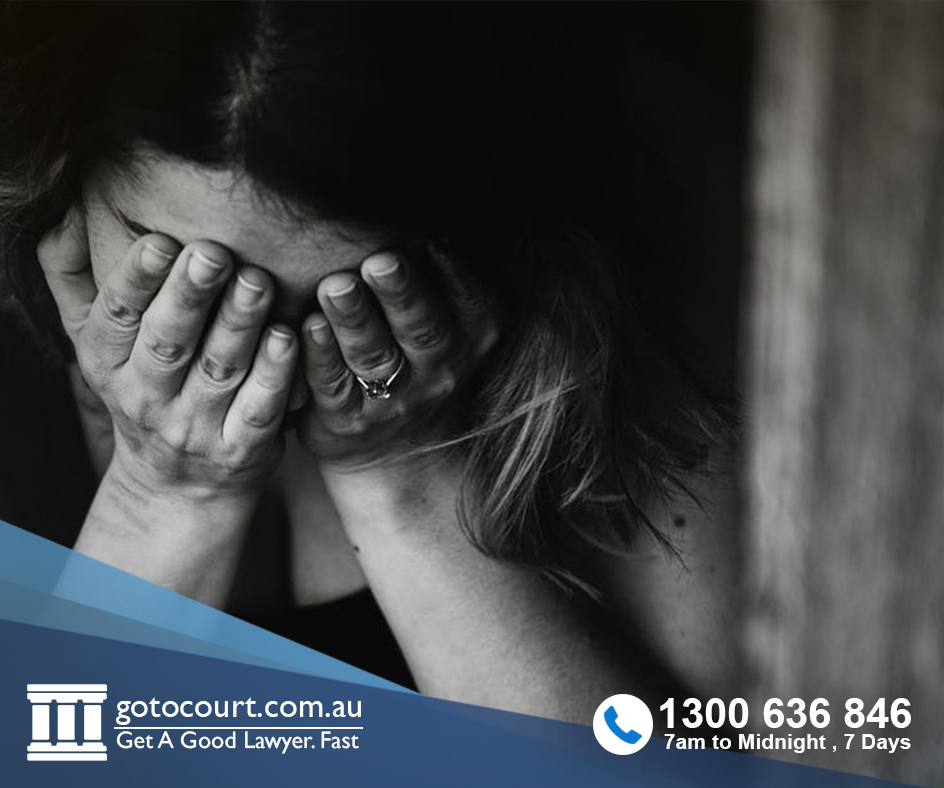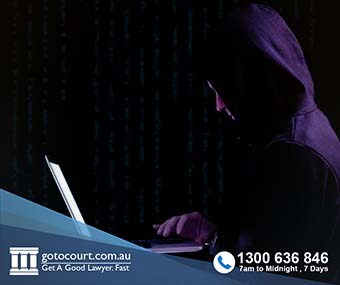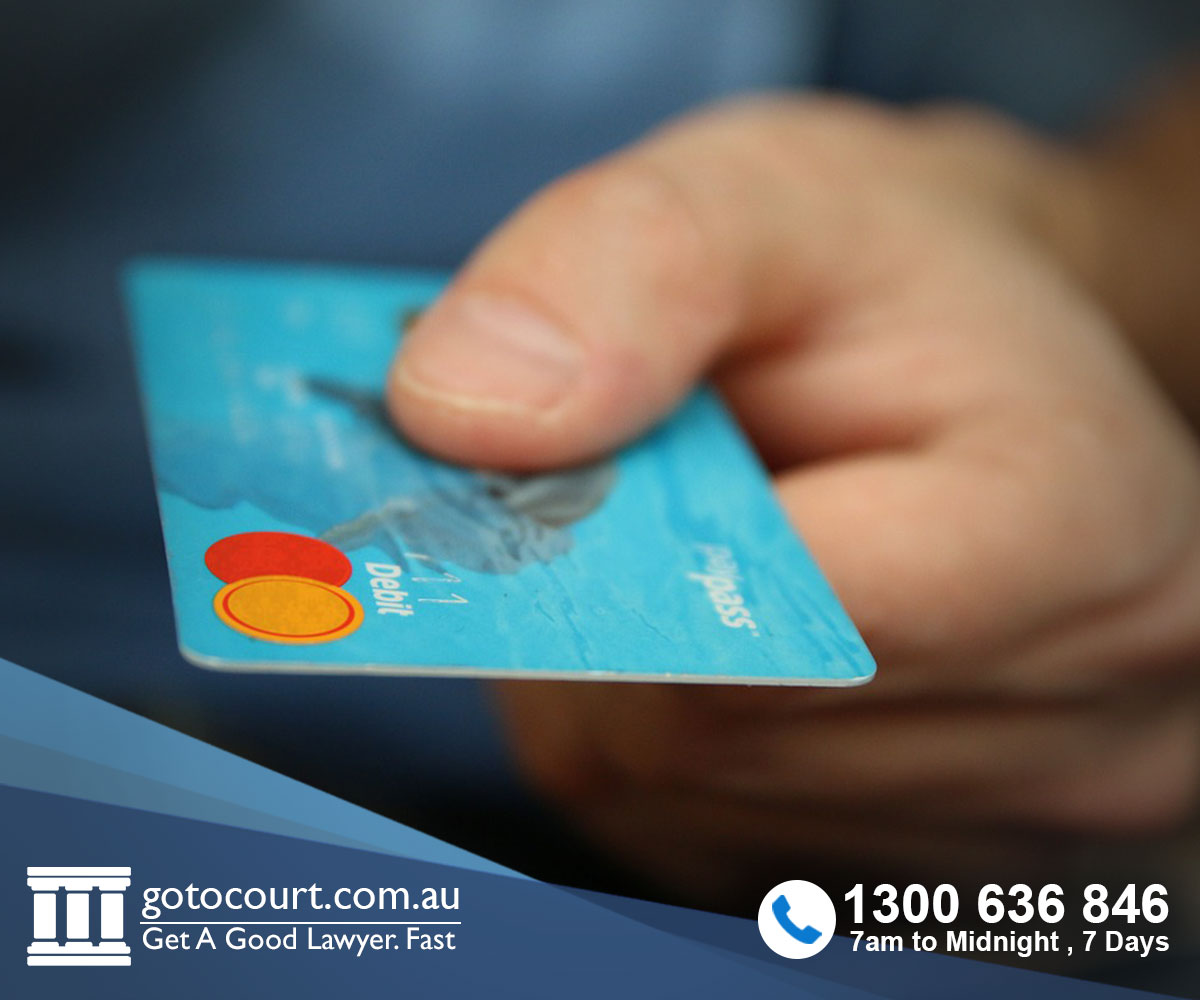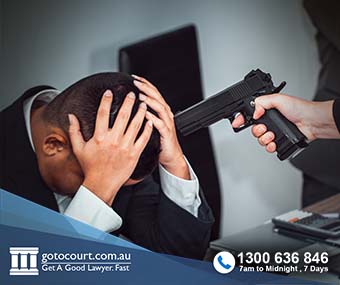Listening Devices in Queensland
Listening Devices in Queensland
Listening devices in Queensland are regulated by the Invasion of Privacy Act 1971. Section 4 of the Act defines a listening device as any form of instrument, apparatus or equipment capable of being used to listen to, monitor, overhear, or record a private conversation. This may call to mind a James-Bond-style ‘bug’ or surveillance equipment used by police agencies, but the definition is broad enough to include your landline or mobile phone.
The use of a listening device in Queensland could amount to a breach of privacy under the Invasion of Privacy Act 1971. This Act contains a number of specific prohibitions and offences relating to breaches of privacy through the use of listening devices in Queensland.
Offences related to listening devices in Queensland
In most cases, it is an offence for a person to use a listening device to listen to, monitor, overhear, or record a private conversation which they were not a party.
It would not be considered an offence if you unintentionally hear a private conversation when using a telephone. The following examples show the comparison between intentionally and unintentionally overhearing a private conversation.
Example 1: X attends a café where Y and Z are having a business meeting. X is not a party to the meeting or conversation, but sits next to Y and Z without them noticing. X then starts recording their conversation using the voice record function on his mobile phone which he has hidden in his front shirt pocket. This would constitute an offence as X is not a party to the conversation.
Example 2: X attends a café where Y and Z are having their meeting. X is not a party to the meeting or conversation, but sits next to Y and Z without them noticing. X receives a call from Q who is simply checking the time X intends to arrive home. Q can hear the conversation between Y and Z in the background. Q has no idea who Y and Z are. In this situation, neither X nor Q have committed an offence as X broadcasting and Q hearing the conversation between Y and Z was unintentional.
Private conversation
The definition of private conversation in the Invasion of Privacy Act 1971 is one which follows common sense. A private conversation is between two or more people that is intended to be private and not heard by anyone else. A conversation would not be private under the Act if the parties to the conversation could reasonably infer from their surroundings that their conversation would not be private.
There are exceptions under the Act that allow particular people to record private conversations in Queensland. These particular people include:
- Certain Commonwealth service officers;
- Police officers; and
- Those who have been authorised under an enactment of law to use a listening device in Queensland.
Using listening devices in Queensland
You can use a listening device to listen to, monitor, overhear, or record a private conversation whenever you are a party to the conversation. This includes using a listening device when the conversation is in person or over the telephone.
You cannot publish the recording. Publishing includes playing, reproducing or copying the recording, unless everyone involved in the conversation consents.
Exceptions
When a conversation has been recorded, whether lawfully or not, it is generally an offence to publish or share the conversation to a third party. There are exceptions to this general rule.
It is not an offence to publish or share a conversation recorded on a listening device in Queensland if the publication was:
- Made by someone who was part of the conversation;
- Made with the express or implied consent of all those involved in the conversation;
- Made during legal proceedings;
- Reasonably necessary for the interests of the public;
- Reasonably necessary so the person could perform a duty;
- Reasonably necessary to protect the person’s lawful interests; or
- Made to a person who the publisher believes has an interest which makes disclosure reasonable.
Recordings on listening devices as evidence in court
People often secretly record a private conversation in order to gather evidence for a legal claim.
As long as the recording was not obtained unlawfully and the person recording it was a party to the conversation, it is usually admissible evidence in either civil or criminal proceedings.
Penalties
A person who unlawfully uses a listening device to listen to, monitor, overhear, or record a private conversation faces a penalty of up to 40 penalty units or two years in prison.
A person who lawfully uses a listening device to listen to, monitor, overhear, or record a private conversation and then communicates or publishes the conversation unlawfully faces a possible penalty of 40 penalty units or up to two years imprisonment.
If you require legal advice or representation in any legal matter, please contact Go To Court Lawyers.

Affordable Lawyers
Our Go To Court Lawyers will assist you in all areas of law. We specialise in providing legal advice urgently – at the time when you need it most. If you need a lawyer right now, today, we can help you – no matter where you are in Australia.How It Works




1. You speak directly to a lawyer
When you call the Go To Court Legal Hotline, you will be connected directly to a lawyer, every time.

2. Get your legal situation assessed
We determine the best way forward in your legal matter, free of charge. If you want to go ahead and book a face-to-face appointment, we will connect you with a specialist in your local area.

3. We arrange everything as needed
If you want to go ahead and book a fact-to-face appointment, we will connect you with a specialist in your local area no matter where you are and even at very short notice.

